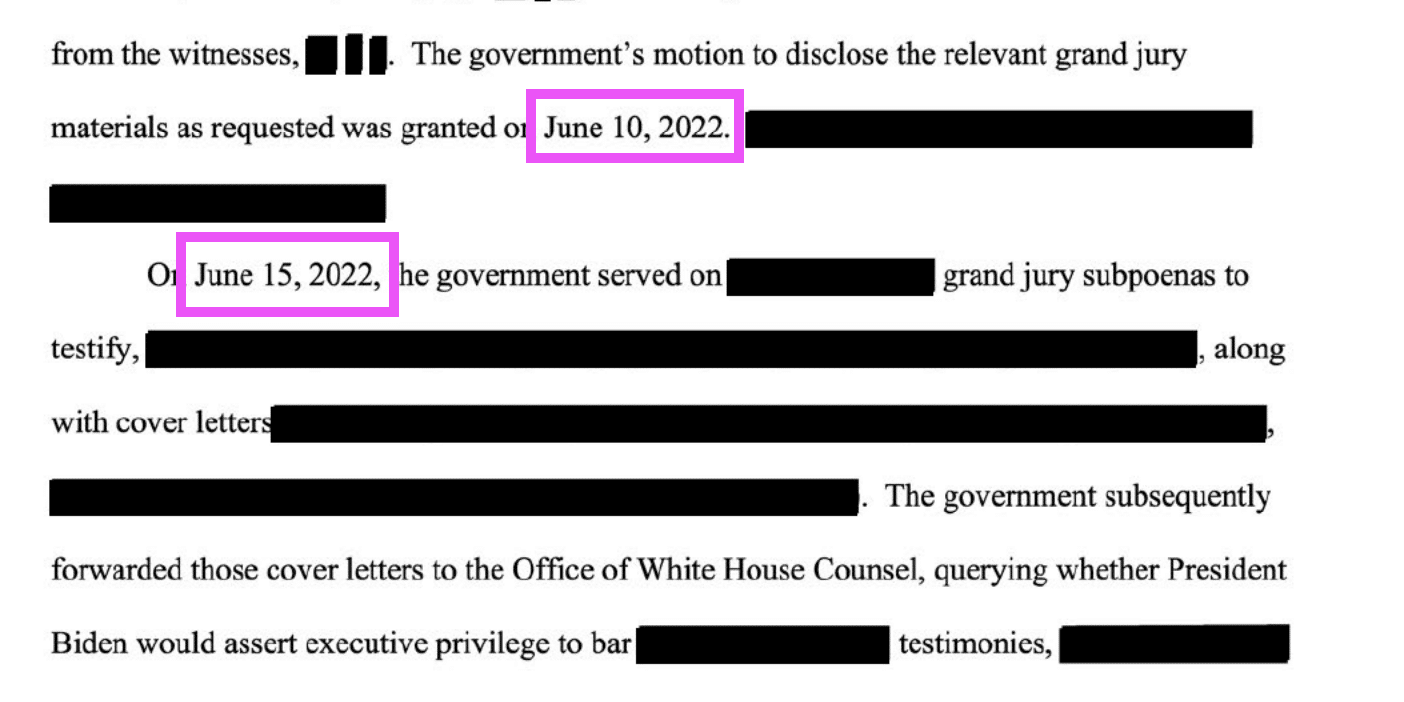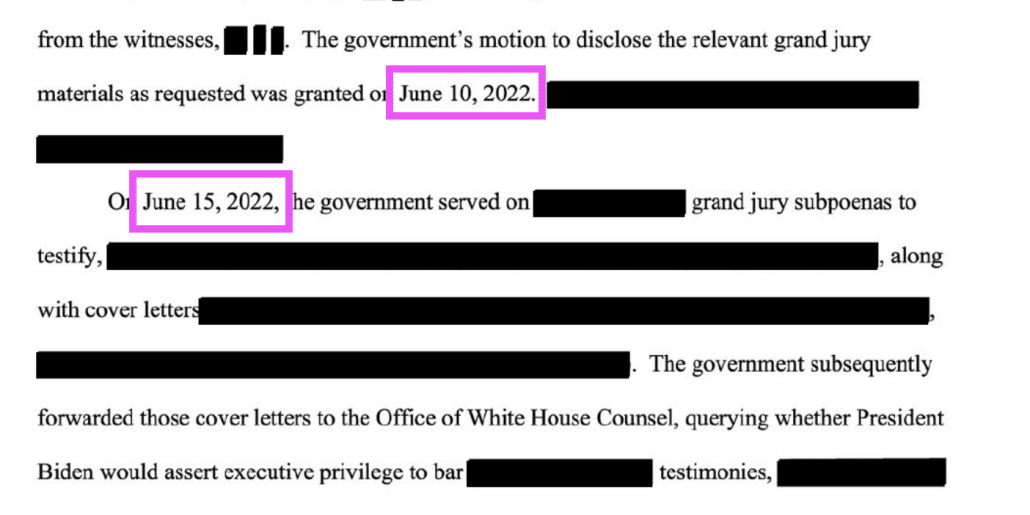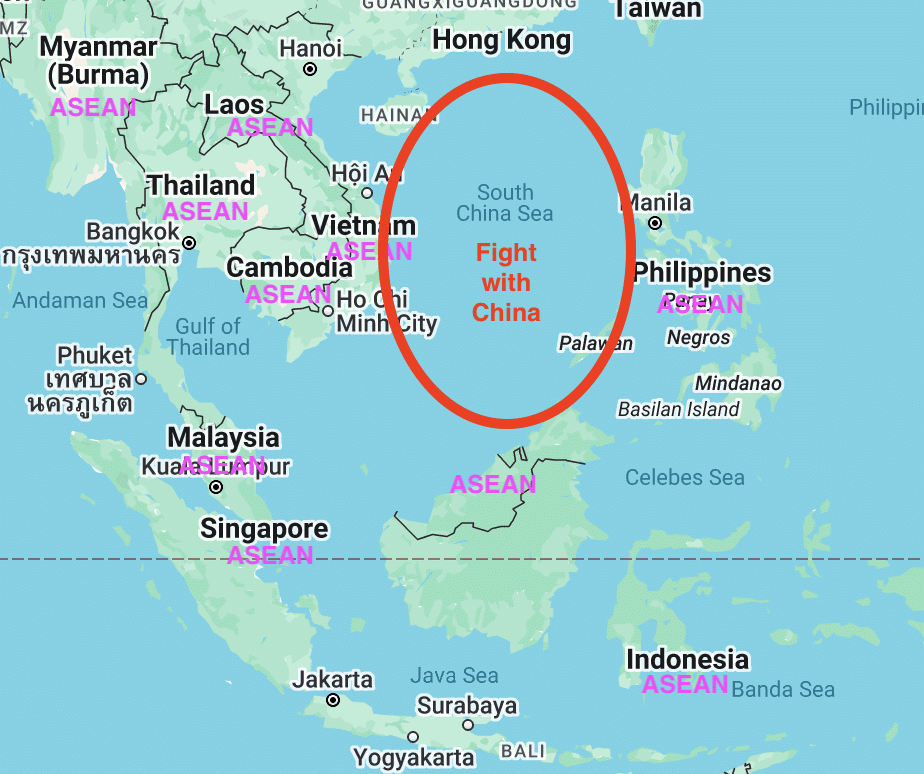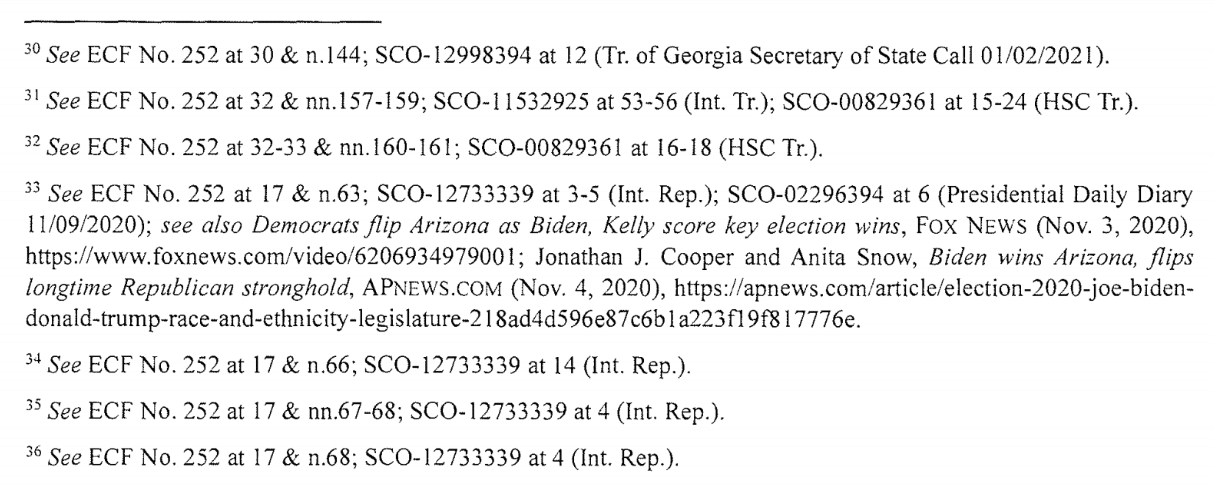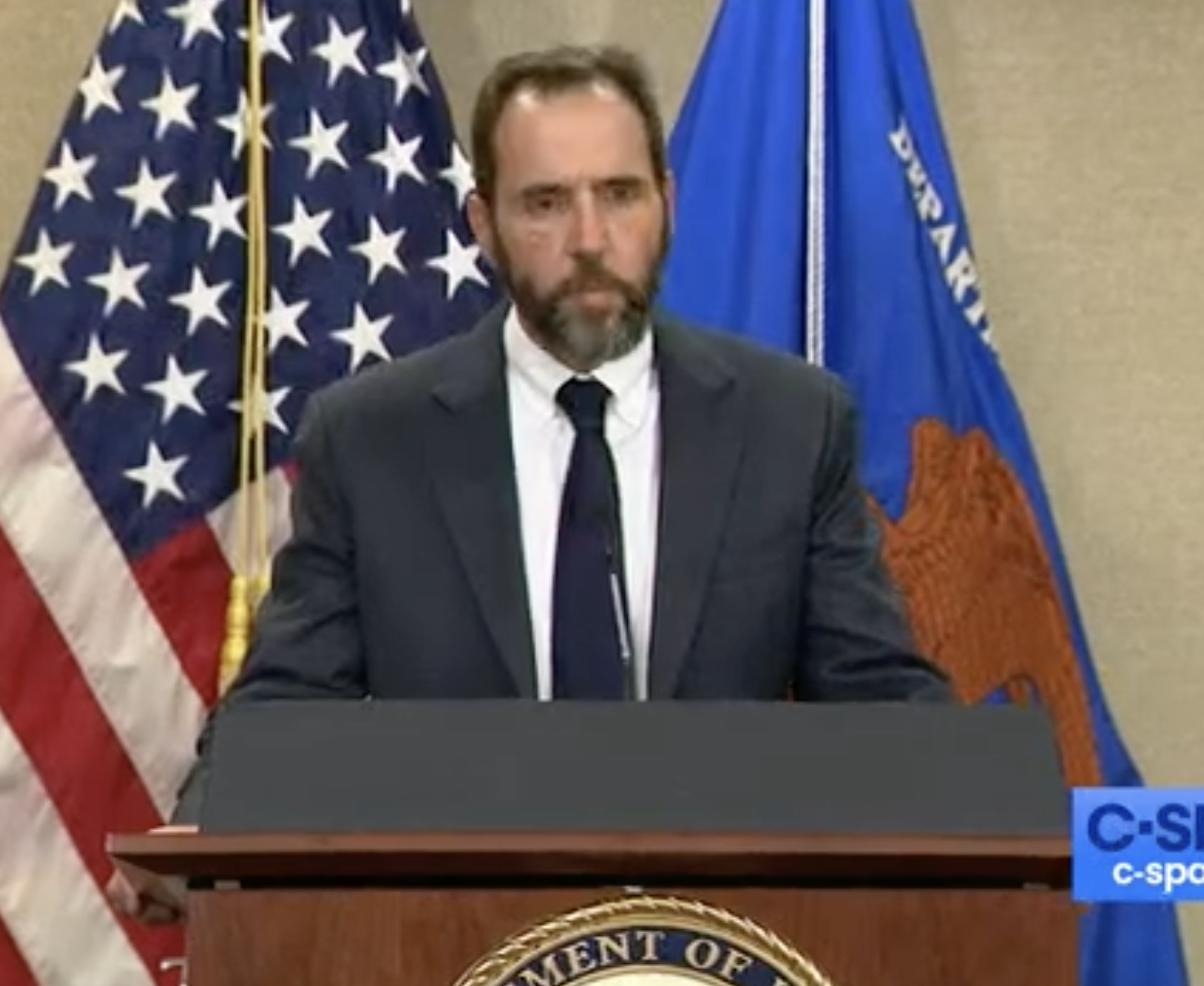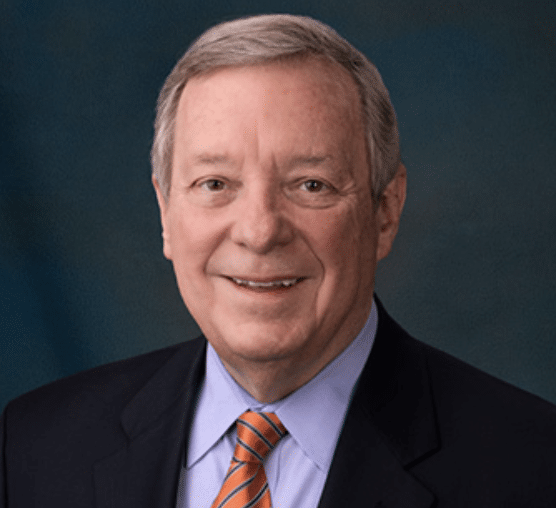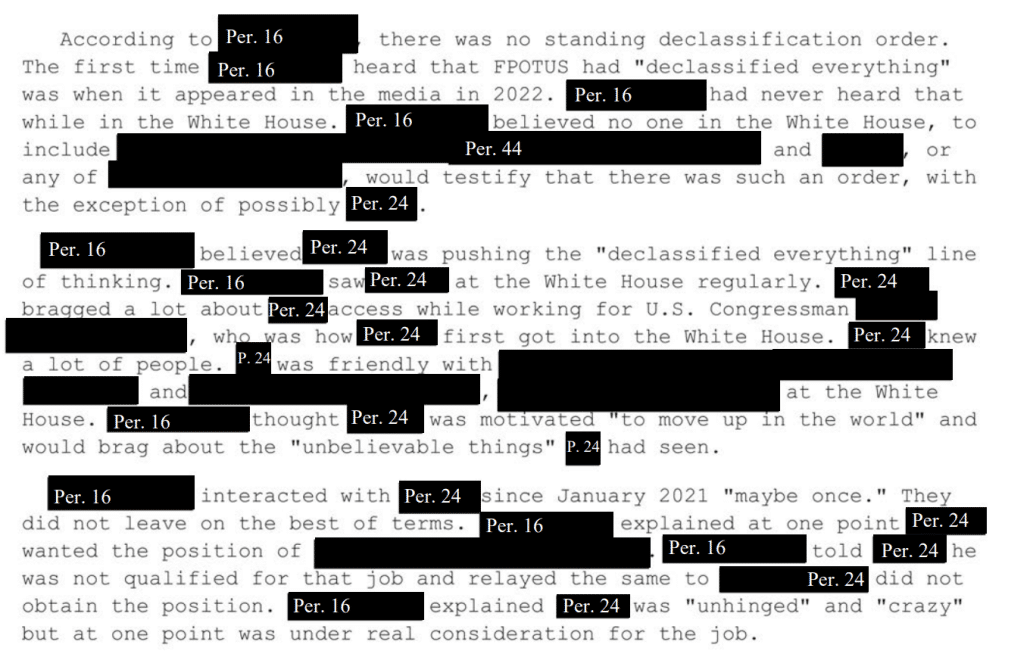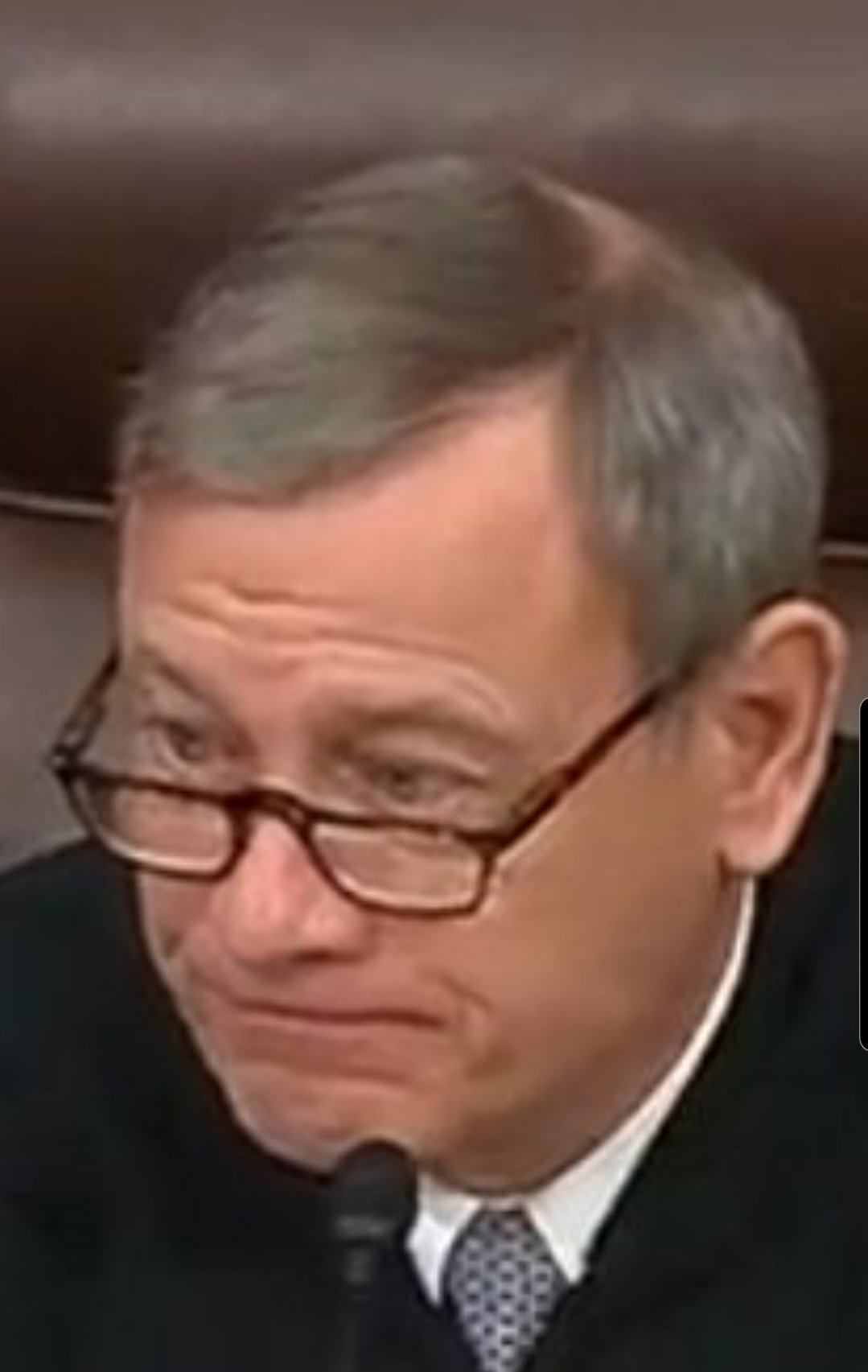What Jack Smith Didn’t Say about the January 6 Investigation
As part of Kyle Cheney and Josh Gerstein’s summary of the Jack Smith report, they argued that “Smith [came] to Garland’s defense” regarding his conduct of the January 6 investigation before Smith was appointed, pointing to Smith’s review of certain legal fights, to include the Executive Privilege fight.
Smith comes to Garland’s defense
A common sentiment on the left is that Garland was too deferential to Trump after Joe Biden took office and failed to unleash the full might of the department on the former president for nearly two years. The delay, critics say, made it much more difficult for Smith — once he was appointed in November 2022 — to bring Trump to trial before the 2024 election.
But Smith’s report emphasized that the Justice Department was aggressively investigating leads related to Trump long before the special counsel’s tenure began. Litigation tactics by Trump and his allies, Smith argued, were the key factors that slowed the process to a crawl.
For example, Twitter, newly purchased by Elon Musk, delayed Smith’s effort to access Trump’s account data for weeks despite a court order that ultimately resulted in the company being held in contempt and fined $350,000.
It took Smith more than a year to obtain text messages between Rep. Scott Perry (R-Pa.) and Trump DOJ official Jeffrey Clark. And the department spent months fighting to access communications of John Eastman, a lawyer who helped devise Trump’s last-ditch efforts to remain in power.
The most protracted battles of all stemmed from Trump’s “broad invocation of executive privilege to try to prevent witnesses from providing evidence,” Smith wrote. It took months of secretive legal proceedings to secure testimony from Trump White House aides such as Mark Meadows, Dan Scavino and Pat Cipollone. Former Vice President Mike Pence also resisted testifying until a court ordered him to reveal some — but not all — details about his interactions with Trump. Smith noted that judges broadly rejected Trump’s privilege claims, with one holding that he was engaged in an “obvious” effort to delay the investigation.
That led to Garland whingers like Ryan Goodman to imagine he knows better than Cheney and Gerstein, who between them have been among the most aggressive in liberating and reporting on documentation pertaining to the investigation. Goodman pointed to a misleading passage in Smith’s report which dates the Executive Privilege fight to August 2022, which describes when “executive privilege litigation” occurred (my emphasis).
Most of the executive privilege litigation in this case took place in five sealed proceedings between August 2022 and March 2023 concerning the testimony of fourteen witnesses in total. See Media Access ECF No. 32 (notice attaching district court orders and memorandum opinions). In August 2022, before the Special Counsel was appointed, the Government began to seek evidence from two former Executive Branch employees of Mr. Trump’s, including by issuing subpoenas for testimony before the grand jury.
Goodman complained that it took “nineteen months” after January 6 before DOJ “‘began to seek’ former USG officials testimony.”
“In August 2022, before the Special Counsel was appointed, the Government began to seek evidence from two former Executive Branch employees of Mr. Trump’s.” Nineteen months after Jan. 6: DOJ “began to seek” former USG officials testimony.
For added context: August 2022 is after the House Select Committee had already completed its summer 2022 public hearings.
Other data show the slow start.
George Conway, piggybacking off Goodman’s error, claimed this started “*after* the House Jan. 6 Committee had held eight of its nine televised evidentiary hearings.”
Only, Goodman was misreading the Smith report and in the process demonstrating that he had not read the underlying documents.
The first opinion listed in Jack Smith’s appendix on the Executive Privilege fight, 22-gj-25, describes that the fight actually started in June, when prosecutors got approval to disclose grand jury materials and used it to write subpoenas, almost certainly sent to Marc Short and Greg Jacob. That passage makes clear that prosecutors got the White House Counsel to waive Executive Privilege (thereby adhering to the DOJ contacts policy), but Trump stalled for several weeks, and then got the witnesses’ attorneys to start asserting privilege.
So, contrary to Conway’s mistaken claim, this started no later than the first televised January 6 Committee hearing on June 9 (and probably, because prosecutors had already gotten approval to share grand jury information, even before that one).
Smith’s representation of these legal fights pertained to “litigation” — the actual legal filings — and only to the extent they continued into his own work. That’s evident from his appendix, which excludes some known legal fights. Indeed, Cheney and Gerstein actually themselves overstate what Smith includes in his report: While he included the relevant docket in his appendix, Smith barely addressed the 16-month fight (starting in August 2022) over the content in Scott Perry’s phone in the text of his report (his Speech and Debate discussion mostly pertained to Mike Pence’s fight in early 2023). And Cheney and Gerstein suggest that Smith addressed the fight over content from John Eastman, which Smith did not (nor did he include those filings in the report). That fight began sometime before May 26, 2022, by which point Beryl Howell had had hearings on a filter protocol for email accounts including Eastman and others (Cheney wrote more about that fight here).
To be clear: as far as is known, Goodman is only off by two months in his claim that DOJ did not try to speak to White House personnel until August 2022; it was June. But both he and Conway are wrong that the J6C hearings preceded this fight. You can certainly believe, as Goodman obviously does, that the best way to conduct the investigation was to start with White House personnel who would and did loop in Trump (and, as it happened, hasten the time he declared his candidacy), rather than starting with Co-Conspirator #1 and then #2, as DOJ proceeded. Goodman had no way of knowing when he started this complaint that SCOTUS would throw out much of the testimony from White House officials anyway, but he does now. If we’re engaging in counterfactuals, we can say with some confidence that approach would have been stymied even more effectively by SCOTUS.
Goodman also complained today that DOJ pursued the money trail and suspected communications with the Proud Boys and Oath Keepers immediately, both of which theories had solid evidence (likely arising from the mishandled Brandon Straka prosecution and the Owen Shroyer arrest) behind them. The money trail ended up being a dry hole; the comms angle ended up being inconclusive. But that’s the kind of thing Goodman and his ilk were demanding in real time — multiple prongs to pursue the case. Follow the money!
Instead, prosecutors’ most productive 2021 efforts appears to be getting an SDNY judge to allow DOJ to use the existing Special Master review for phones seized from Rudy Giuliani in April 2021 to prioritize obtaining the January 6 content. DOJ started with Co-Conspirator #1, and did so in a way that Trump had limited ability to obstruct. And from there, they seized one after another phone: John Eastman and Jeffrey Clark in June 2022, Scott Perry in August 2022, Boris Epshteyn and Mike Roman in September 2022, all of which would have had delays (not reflected in Jack Smith’s report because none of those have been unsealed) because of attorney-client, Speech and Debate, or technical exploitation issues, yet all of which would have been necessary given their reliance on encrypted apps. (This post argues that Smith likely didn’t get the content of Roman and Epshteyn’s phones until after he first indicted Trump.) You were never going to avoid getting the co-conspirator phones, because this coup was planned on encrypted apps and all of them fought disclosure. It appears that DOJ opportunistically seized the first of those on the first day there was a confirmed DAG to approve doing so. It is also clear that that wasn’t enough.
But if you’re going to make these complaints about what you read in Jack Smith’s report, you should note what else Smith said. The January 6 Committee work “comprised a small part of the Office’s investigative record,” but before Smith could use anything from J6C, prosecutors first had to “develop[] or verif[y those facts] through independent interviews and other investigative steps.”
The Office’s investigation included consideration of the report issued on December 22, 2022, by the U.S. House of Representatives’ Select Committee to Investigate the January 6th Attack on the United States Capitol, as well as certain materials received from the Committee. Those materials comprised a small part of the Office’s investigative record, and any facts on which the Office relied to make a prosecution decision were developed or verified through independent interviews and other investigative steps. During the prosecution of the Election Case, Mr. Trump alleged that the Select Committee and Special Counsel’s Office were one and the same and sought additional discovery about the Select Committee’s work. The district court rejected the claim. See ECF No. 263 at 47 (concluding that Mr. Trump has “not supplied an adequate basis to consider the January 6 Select Committee part of the prosecution team”). Regardless, the Office provided or otherwise made available to Mr. Trump in discovery all materials received from the Select Committee. See ECF No. 263 at 47 (“the Government states that it has already produced all the records it received from the Committee”).
We know from the immunity appendix that Jack Smith had productive follow-up interviews with Bill Barr, Ronna McDaniel, and Jason Miller, among others, to say nothing about more extensive cooperation with Eric Herschmann and Mike Pence’s privilege-waived interview(s).
But validating what J6C did could not start until J6C released transcripts in December 2022, after a 3-7 month delay.
The timeline below reflects the delay, from April to December 2022, in getting J6C transcripts (in part for good reasons; once DOJ got them, they were going to have to share with all January 6 defendants). The important delay, however, came in June, when prosecutors realized they had pending events, most obviously the Proud Boys trial, which for discovery reasons and to validate their most important cooperating witness, Jeremy Bertino, they needed to delay (and did, from August to December 2022) until those transcripts were released. At that point they believed those transcripts would come out in early September, which is what drove their trial schedule; but they didn’t come out until December.
This post and this post describes the predictable damage that that delay did to the Proud Boys case (which guilty verdict would be necessary to implicate Trump in insurrection). This post describes how prosecutors were able to use J6C transcripts that were done by June 2022 to identify the single most direct ask from Trump via Rudy Giuliani to overturn votes (one which likely relied on having exploited Rudy’s phone). Again, that clarification was delayed by 6 months. If you want to complain about delays — and there definitely appears to have been a delay from February to May 2022 when (per that famous WaPo story) FBI resisted that prong of the investigation — then you need to complain as well about the J6C delay of the same length.
But it’s not clear any of this would matter. SCOTUS had the ability, which they exercised, to stall all of this; had Trump lost, SCOTUS still would have gotten at least a second chance to weigh in before trial. And unless Smith superseded to add insurrection charges, Trump still would not be disqualified from running for office.
Barring Mitch McConnell or John Roberts doing the right thing, this battle was lost politically. And no amount of second guessing strategic decisions that ended up being auspicious given SCOTUS’ subsequent rewriting of the Constitution can change that. Indeed, the second guessing distracts from effective efforts to minimize Trump’s damage going forward.
Update: I’ve changed the language regarding prosecutors’ search of comms showing ties between the militias and Trump. I’ve added the Oath Keepers, whose ties to Stone were a subject of the investigation even before Garland was confirmed. I’ve deemed the comms angle inconclusive rather than a dry hole. Roger Stone was ultimately implicated in the Proud Boys’ obstruction of the vote certification via his actions at a January 3 rally in Florida (though not via the Proud Boy leaders). In December 2023, prosecutors took steps to more concretely lay out how Trump had sparked Proud Boy organizing.
Timeline
January 4, 2021: DC authorities seize Enrique Tarrio’s phone
January 25, 2021: Stop the Steal VIP Brandon Straka arrested; DOJ IG opens probe into Jeff Clark and others
February 17, 2021: First allegedly cooperative interview with Straka (Straka ultimately provided details on Ali Alexander’s Stop the Steal list, among other things, but the FBI almost certainly mishandled the entire Straka case, including by not probing his role at TCF Center in Michigan)
March 5, 2021: Second allegedly cooperative interview with Straka
March 11, 2021: Merrick Garland sworn in; in first meeting with investigators he encourages them to follow suspected money laundering behind payment for the rally
March 17, 2021: DOJ makes first tie between Oath Keepers investigation and Roger Stone
April 21, 2021 (Lisa Monaco’s first day on the job): DOJ obtains warrant targeting Rudy Giuliani’s cell phones in Ukraine investigation
April 28, 2021: DOJ seizes multiple devices from Rudy, including the phone he used leading up to January 6
June 23, 2021: First Oath Keeper who interacted with Stone enters into cooperation agreement
August 19, 2021: Alex Jones sidekick Owen Shroyer, who participated in Friends of Stone list and served as a communication hub between Proud Boys and others, arrested
September 2021: DOJ subpoenas records from Sidney Powell grift
September 3, 2021: SDNY makes an ultimately successful bid to review all content on Rudy’s devices for privilege (making such content immediately available if and when DOJ obtains January 6 warrant targeting Rudy)
Fall 2021: Thomas Windom appointed to form fake elector team
October 28, 2021: Merrick Garland tells Sheldon Whitehouse DOJ is following the money of January 6
November 2, 2021: Special Master Barbara Jones releases first tranche of materials (through date of seizure in April 2021) from Rudy’s phones, including device containing many of Rudy’s January 6 communications
November 22, 2021: Trump appointee Carl Nichols asks James Pearce whether 18 USC 1512(c)(2) might be applied to someone like Trump (he would go on to issue an outlier opinion rejecting the application)
December 2021: NARA and Mark Meadows begin process of completing his record of PRA-covered communications
December 10, 2021: Judge Dabney Friedrich (a Trump appointee) upholds application of 18 USC 1512(c)(2) to January 6
January 5, 2022: Merrick Garland reiterates that DOJ is investigating the financial side of January 6
Mid-January 2022: DOJ finally obtains contents of Tarrio’s phone
January 19, 2022: Jones releases remaining content from Rudy’s phones; SCOTUS declines to review DC Circuit rejection of Trump’s Executive Privilege claims with respect to January 6 subpoenas
January 25, 2022: Lisa Monaco confirms DOJ is investigating fake electors plot
January 31, 2022: DOJ opens grand jury investigation
February 18, 2022: In civil cases, Judge Amit Mehta rules it plausible that Trump and militias conspired to obstruct vote certification, as well that he aided and abetted assaults and also that it is plausible Trump used incitement not protected by the First Amendment
March 2, 2022: Oath Keeper in charge of Stone security on January 6, Joshua James, enters into cooperation agreement
March 7, 2022: Carl Nichols first requires implication of documentary evidence for 18 USC 1512(c)(2)
March 28, 2022: Judge David Carter issues crime-fraud ruling covering John Eastman’s communications with and on behalf of Trump
April 13, 2022: After two month stall, FBI finally approves their side of investigation
Probable April 2022 (based on how long it took for filter protocols elsewhere): Warrant for Jeffrey Clark, John Eastman, Ken Klukowski, and one non-lawyer emails
April 2022: DOJ requests transcripts from J6C
May 2022: DOJ subpoenas all NARA records provided to J6C
May 26, 2022: Subpoenas for fake electors plot including Rudy, John Eastman, Boris Epshteyn, Bernie Kerik, and Jenna Ellis, among others; filter protocol for email accounts of Jeffrey Clark, John Eastman, Ken Klukowski, and one non-lawyer
June 6, 2022: DOJ charges Proud Boy leaders with seditious conspiracy
June 9, 2022: In Proud Boys hearing, prosecutors say they expect to get J6C transcripts in September
June 15, 2022: Subpoena to Marc Short and Greg Jacob; letter to J6C renewing request for transcripts
June 16, 2022: DOJ agrees to delay Proud Boys trial from August 9 to December 12 because of the transcripts
June 21, 2022: Second set of fake electors subpoenas, adding Mike Roman and others, warrants for NV GOP officials and GA official
June 22, 2022: DOJ searches Jeffrey Clark’s home and seizes his phone
June 23, 2022: DOJ completes exploitation (but not scoping) of Shroyer’s phone;
June 24, 2022: Ali Alexander grand jury appearance; Warrant approved for Clark Gmail account
June 27, 2022: Then Chief Judge Beryl Howell permits prosecutors to obtain emails between Scott Perry and Clark and Eastman
June 28, 2022: DOJ seizes John Eastman’s phone
July 22, 2022: Marc Short appears before grand jury
August 9, 2022: DOJ seizes Scott Perry’s phone
August 17, 2022: Filter team notifies Clark of auto-biography dispute
August 2022: Mark Meadows provides previously withheld PRA covered materials to NARA
Early September, 2022: Pre-election legal process includes seizure of Boris Epshteyn and Mike Roman’s phones, subpoenas to key aides including Dan Scavino, Bernie Kerik, Stephen Miller, Mark Meadows, subpoenas pertaining to Trump’s PAC spending
September 27, 2022: Howell approves sharing of memoir
October 13, 2022: Marc Short and Greg Jacob make second, privilege-waived grand jury appearance
November 18, 2022: Merrick Garland appoints Jack Smith
December 2, 2022: Pats Cipollone and Philbin make second, privilege-waived grand jury appearance
~December 7, 2022: J6C provides at least some transcripts to DOJ (which are turned over to Proud Boys the following day)
December 21, 2022: J6C publicly releases transcripts promised in September
December 2022: Rudy Giuliani subpoena asks for information on his payment
January 17, 2023: Warrant for Trump’s Xitter account
February 9, 2023: Mike Pence subpoenaed; Xitter complies with Trump warrant
February 23, 2023: DC Circuit hears Scott Perry’s challenge to order providing access to his phone content
March 9, 2023: Judge Kollar-Kotelly orders Peter Navarro to turn over PRA-covered contents from Proton Mail account
March 28, 2023: Chief Judge Jeb Boasberg rules Mike Pence must testify (though protects some areas on Speech and Debate grounds)
April 4, 2023: DC Circuit declines to stay Beryl Howell ruling ordering testimony from Mark Meadows and others
April 7, 2023: DC Circuit upholds 1512(c)(2)
April 27, 2023: Mike Pence testifies before grand jury
August 1, 2023: Jack Smith indicts Trump
December 1, 2023: DC Circuit issues Blassingame and Tanya Chutkan rules against Trump on immunity
December 11, 2023: Jack Smith asks SCOTUS to expedite appeal
December 13, 2023: SCOTUS grants cert to Fischer’s 1512(c)(2) appeal
December 19, 2023: Boasberg orders Perry to turn over non-Speech and Debate privileged comms
December 2023 to August 7, 2024: SCOTUS delays January 6 case
January 9, 2024: DC Circuit argument
February 6, 2024: DC Circuit Immunity decision
May 2024: Original trial date
June 28, 2024: SCOTUS narrows application of 18 USC 1512(c)(2)
July 1, 2024: SCOTUS immunity decision
August 7, 2024: Chutkan receives mandate from immunity decision
August 27, 2024: Jack Smith supersedes Trump to accommodate SCOTUS immunity and obstruction rulings
January 7, 2025: Jack Smith report

